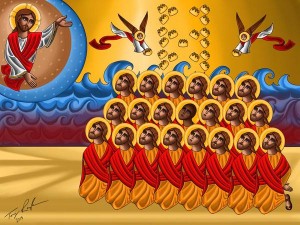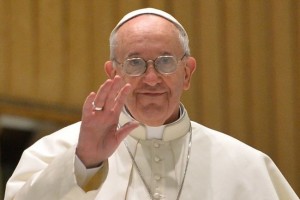 When does getting a job and going to work become a question of “joining the lemmings going over the cliff?” The question arises one night over dinner. A young man who has an independent source of income finds he has no real reason to get out of bed in the morning. He has a new skill and set of training, but he finds himself hesitant to put himself into a situation that would require him to charge for services he would otherwise offer at no charge. He questions whether charging for services means he is joining the lemmings. Yet he feels an urgent need to have recognizable work.
When does getting a job and going to work become a question of “joining the lemmings going over the cliff?” The question arises one night over dinner. A young man who has an independent source of income finds he has no real reason to get out of bed in the morning. He has a new skill and set of training, but he finds himself hesitant to put himself into a situation that would require him to charge for services he would otherwise offer at no charge. He questions whether charging for services means he is joining the lemmings. Yet he feels an urgent need to have recognizable work.
Another person at the table finds such language distressing. This person does not have the luxury of choosing whether to go to work or not and certainly does not feel like a lemming!
The critical question, it seems, regards the value and importance of work. Work in and of itself is neutral. What we do each day to fulfill our responsibilities may be called work. Things we do for relaxation we often call play, despite the fact that some forms of relaxation take more physical and psychic effort than “work.”
Given that both work and play may take significant time and effort on a daily basis, how do we value each? Most commonly, we think of work in negative terms and play in positive ones. When something is hard, we even say, “That’s why we call it work!”
Work is a participation in the divine endeavour, bringing new energies into focus to carry out an ongoing development, whether of something old or new. As such, work can be a positive experience — tiring, yes; repetitive, perhaps; boring, sometimes — yet ultimately of value.
When does work become the province of “lemmings?” Work becomes something negative when it reduces or threatens the human dignity of the person who engages in it. It also becomes lemming-like when performed solely or largely for less-than-human reasons, such as the proverbial “keeping-up-with-the-Joneses.” If the only reason a person has for doing a job he or she hates is in order to buy a mansion, sports car, or other luxury item, then the value of that work is of lemming quality. If, on the other hand, the work keeps a roof over the head of the individual and/or family and food on the table, that work is valuable and not to be disparged.
In our daily lives, as we seek to recognize the presence of God in what we do, whether work or play, we are called to evaluate our actions regularly in terms of how they align with God’s plan for us and for this wonderful world in which we live. Work aligned with God’s activity is not the province of human “lemmings” but rather the path to human fulfillment.
Note: The notion that lemmings in nature have a propensity to go “over the cliff” in a mass suicidal wave is not actually correct. Sometimes when the population becomes too dense, they migrate to other areas. Bodies of water that must be crossed may prove too wide for some of them and some will drown. This may be the source of the idea that lemmings deliberately go over the cliff. In fact, lemmings too live according to divine plan, praising God through their daily lives by being lemmings!
Image from Wikipedia Commons – public domain
Read More


















